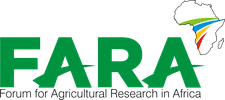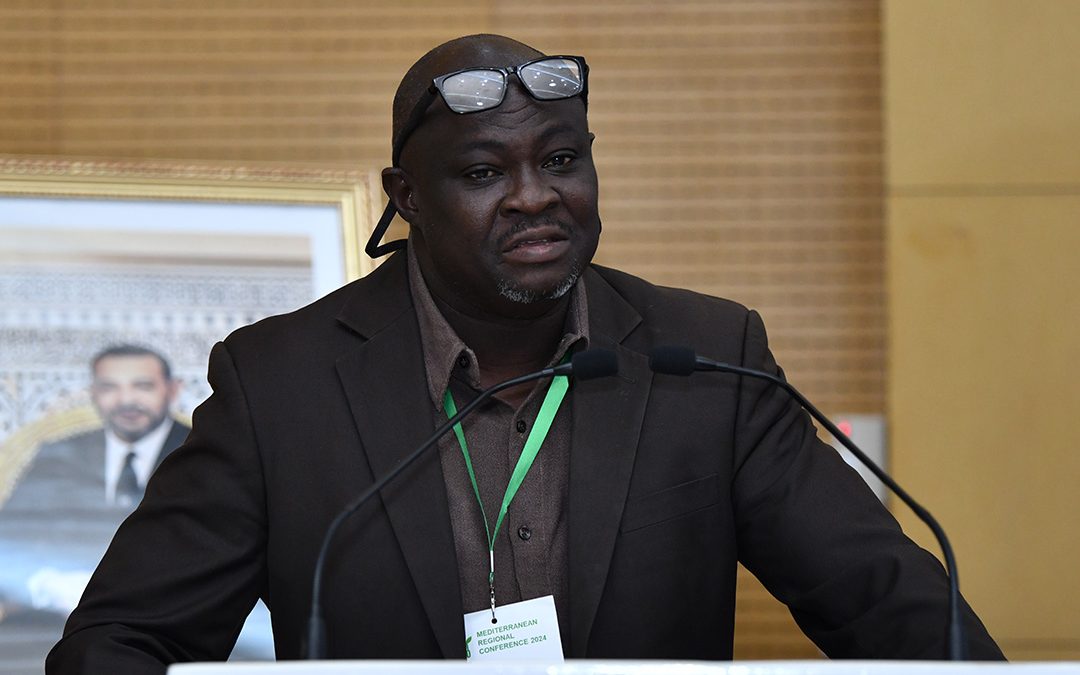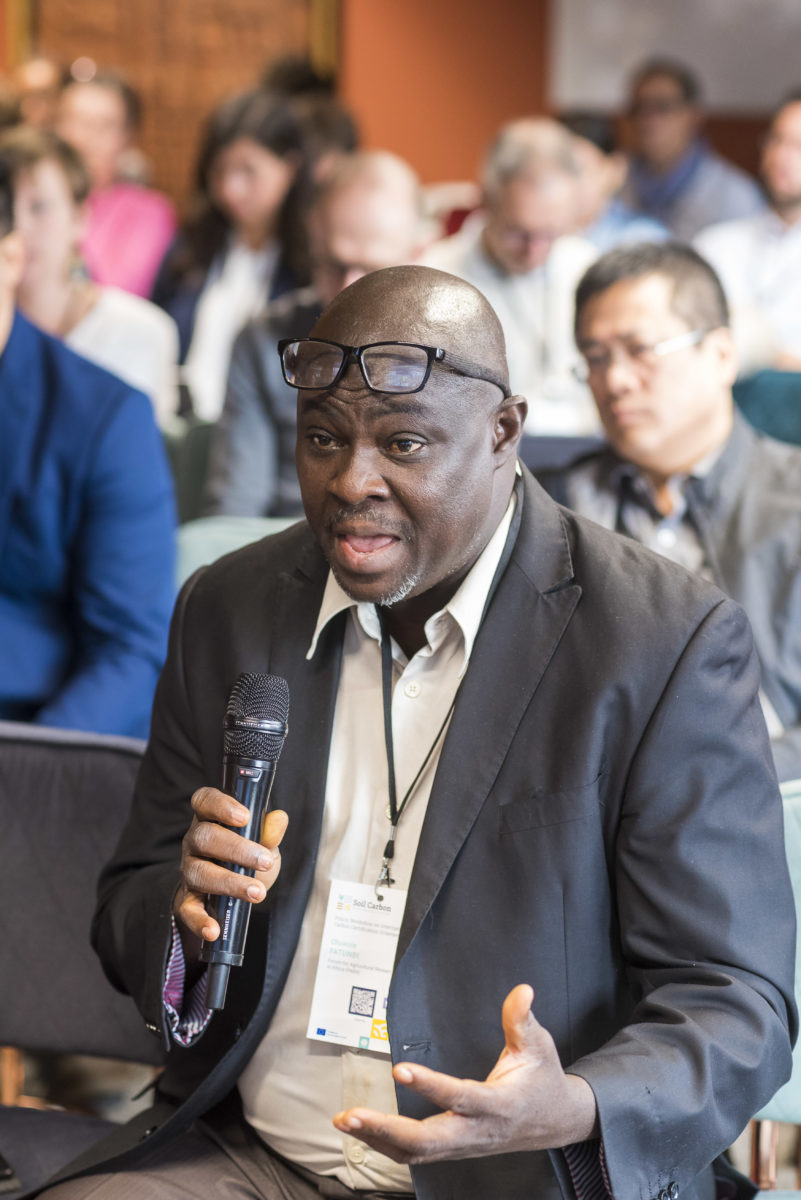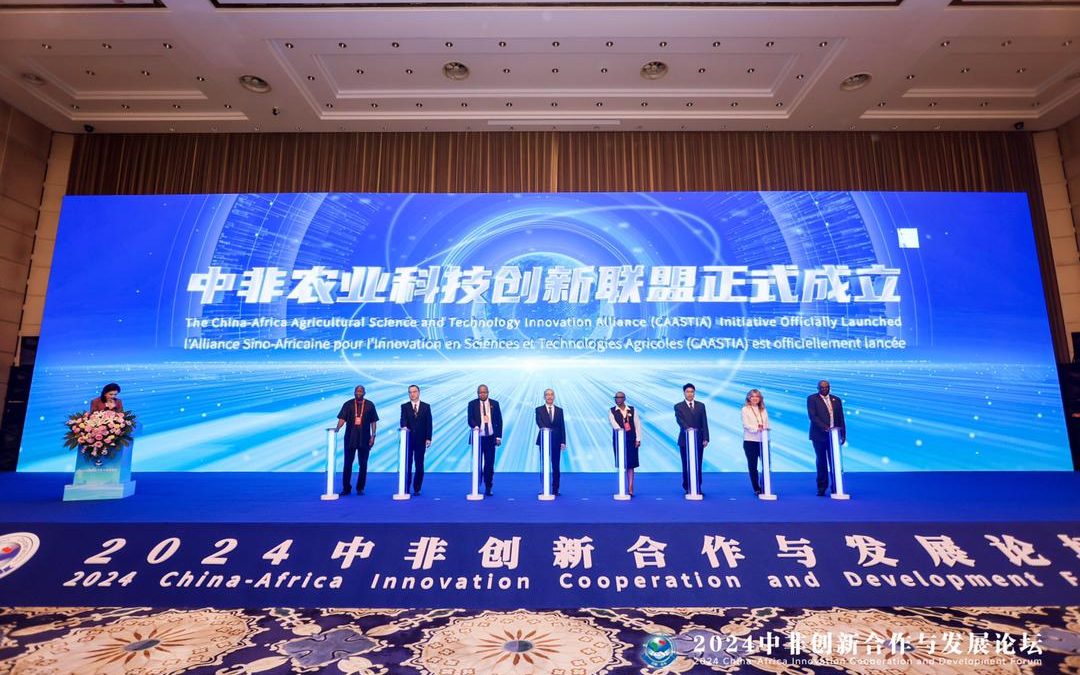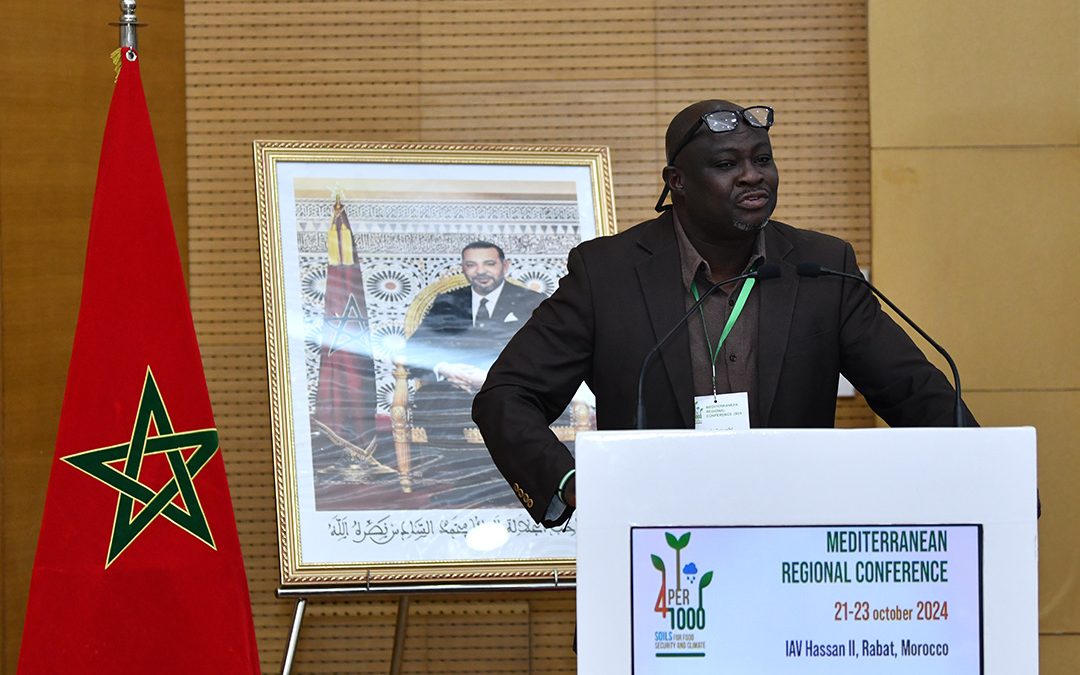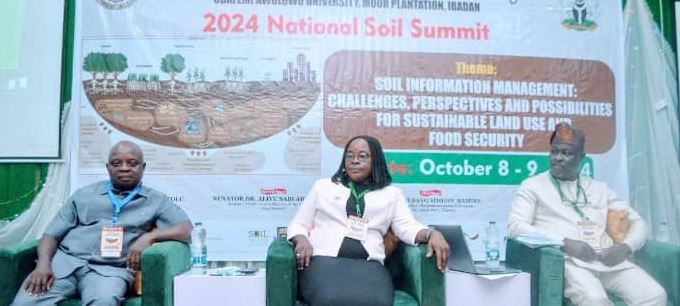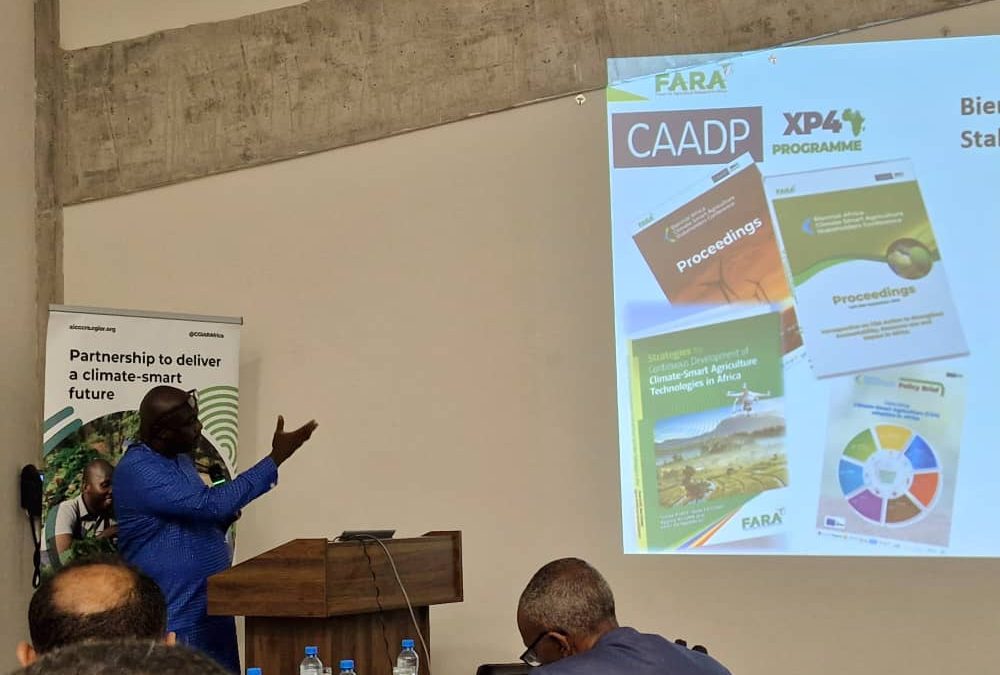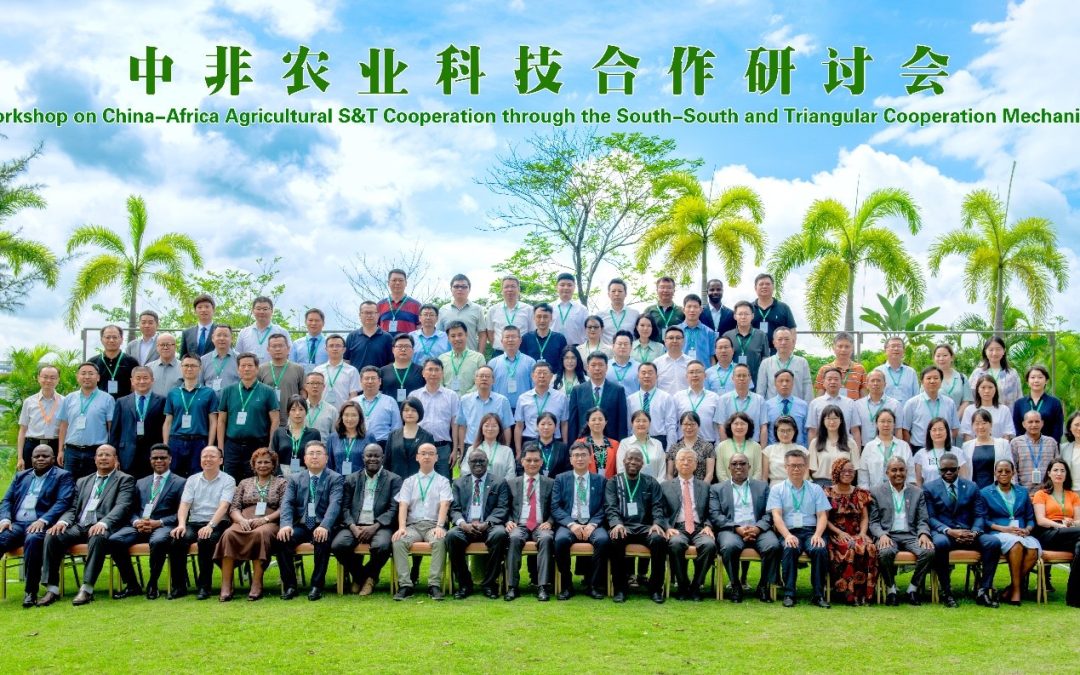An expert in the field of agriculture, Dr. Wole Fatunbi, has identified low household income, poor social capital, low educational level and Nigeria gross domestic product (GDP) as the factors responsible for food insecurity affecting Nigeria while also stating that the Federal government is not sincere with the allocation of the countries budget for agriculture.
Dr. Fatunbi of the Forum of Agricultural Research In Africa (FARA) Ghana stated this while delivering a keynote address during the 2024 National Soil Summit held at the Institute of Agricultural Research and Training (IART) Ibadan.
While speaking at the summit with the theme Soil Information Management: Challenges, Perspectives and Possibilities for Sustainable Land Use and Food Security, he maintained that the Federal government needs to take proactive measures to tackle food shortages and develop partnership for capacity building.
While enumerating the factors that will boost food security, Dr. Fatunbi stated that partnership for capacity building on soil information science, promotion of the research of experts, enhancement of the existing political will to have soil information system are capable of boosting food security.
Other factors according to him, include the establishment of national soil information system, supporting tools from the soil information system and the development of the policies of researchers for data sharing and data use.
The Chief host, Vice Chancellor Obafemi Awolowo University Ile-Ife Prof. Simeon Bamire who was represented by the Dean, faculty of agriculture Prof. Akeem Tijani stated that proper education on the importance of soil to healthy crop, advocacy and concrete actions in the field are the best way to maintain healthy soil and that water management strategies formulation and implementation as well as soil survey and land evaluation remain the best way to achieve soil information system.
“The role of IART as an institution with national mandate for soil research over years has contributed to developing improved soil management technologies affordable and adaptable to agro-ecologies of Nigeria.
“The potentials of the institute in research for development has endeared the government and private organisations to rely on her services in the area of soil and agro chemical testing / validation, soil and water management strategies formulation and implementation as well as soil survey and land validation” he remarked.
While welcoming the experts in the field of agriculture to the summit the Director of IAR&T, Prof. Veronica Obatolu emphasised that soil is experiencing a yearly decline despite the availability of improved technologies.
This, according to her has led to increased food insecurity, environmental challenges and economic crisis, she however added that addressing the ongoing issues affecting sustainable land use and agricultural development in the country is crucial at this moment.
“Soil often overlooked is the unsung hero of our ecosystem, it provides 95 per cent of our food, filters our water and regulate the climate, yet soil degradation affects over 33 percent of global land, affecting human health, food security and economic stability” she stated.
Prof. Obatolu disclosed that the summit represents a pivotal moment in various stakeholders’ innovative collective journey to enhance soil health and fertility and to promote sustainable agriculture practices and to foster resilient ecosystem and communities.
In his remark the Minister of Agriculture who was represented by the Oyo State Coordinator, Federal Ministry of Agriculture and Food Security, Dr. Florence Kakulu commended the leadership of IAR&T, especially Prof. Veronica Obatolu for working in the line of the ministry to achieve food sufficiency and urged her to continue working with other sister institutions and collaborate with the Federal Government to achieve food sufficiency.
She said the theme of the summit is in tandem with the Federal Government plan to boost food sufficiency in the country and urged Nigerians to utilise any little space within their homes to plant domestic crops.
The summit was supported by Indorama, GIZ, Soil values, SASAKAWA Africa Association and OCP.
